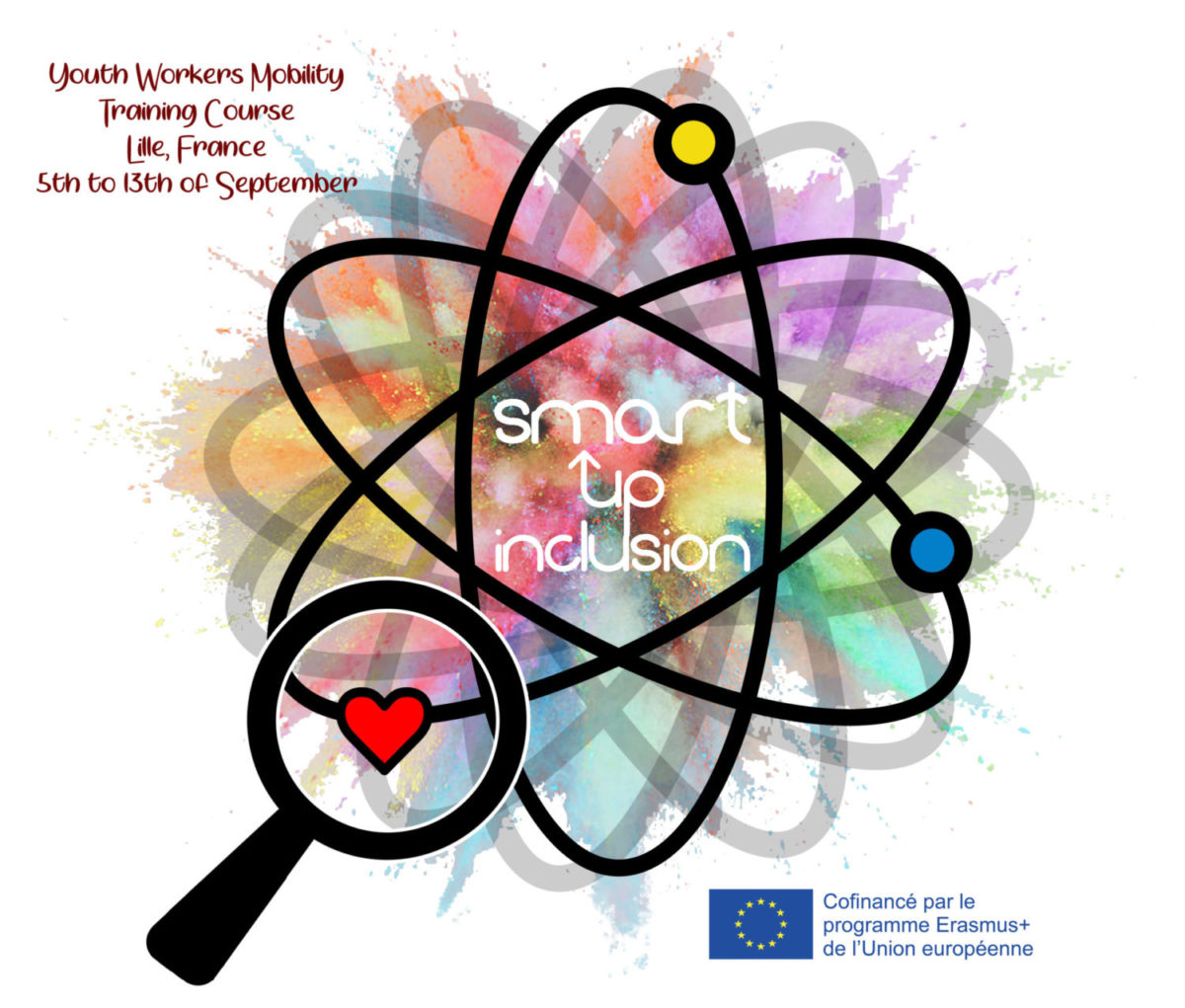We have told you in the previous article that our project is financed by the Erasmus+ programme. So, in this article we want to discover more about Erasmus+. Erasmus+ is the EU’s programme to support education, training, youth and sport in Europe. Its budget of €14.7 billion will provide opportunities for over 4 million Europeans to study, train, and gain experience abroad.
Set to last until 2020, Erasmus+ doesn’t just have opportunities for students. Merging seven prior programmes, it has opportunities for a wide variety of individuals and organisations.
Why Smart Up and Erasmus+?
Erasmus+ Programme supports organisations and supports the professional development of youth workers through training or networking periods abroad. And that is how the project Smart Up was born. We have applied to a Mobility of Youth workers a training course.
Mobility of youth workers
According to the official guide of Erasmus+:
“This activity supports the professional development of youth workers, through the implementation of activities such as transnational/international seminars, training courses, contact making events, study visits, etc. and job shadowing/observation periods abroad in an organisation active in the youth field. All these activities can be tailored and combined to address the needs and desired impact identified by participating organisations when arranging the project. The professional development of the participating youth workers should contribute to capacity building for quality youth work of their organisation and should have a clear impact on the participating youth workers’ regular work with young people. The learning outcomes, including any materials and innovative methods and tools, should be further disseminated in the youth field to contribute to quality improvements of youth work and/or foster youth policy development and cooperation.”
If you are a youth worker you can find a wide variety of projects that approach different topics. Is important to choose to participate in a project that you are interested in and to which you can contribute.
Non-formal education
One of the main features of Erasmus+ projects in the field of youth is non-formal education. Projects should enhance participants learning trough non-formal and informal education. But what are these?
Non-formal learning refers to the learning which takes place outside formal educational curriculum. Non-formal learning activities involve people on a voluntary basis and are carefully planned, to foster the participants’ personal and social development.
Informal learning refers to the learning in daily life activities, in work, family, leisure, etc. It is mainly learning by doing. In the youth sector, informal learning takes place in youth and leisure initiatives, in peer group and voluntary activities etc.
Smart Up Inclusion training is based slowly on non-formal learning methodologies. The main difference between formal and non-formal learning is: THE METHODS. Therefore, our projects team of trainers have prepared a schedule full of creative and engaging methods. The agenda is varied and includes several activities such as: self-directed learning, simulations, mind-mapping, dynamic activities, creative and participatory activities, case studies.
Erasmus+ in France
In France, you can find the official website of the programme here: https://www.erasmusplus-jeunesse.fr/
Smart Up Inclusion is a Mobility of Youth Workers – Training Course funded by the European Commission – Erasmus+ Programme. The project is coordinated by Sunrise Project – France organisation.



Recent Comments